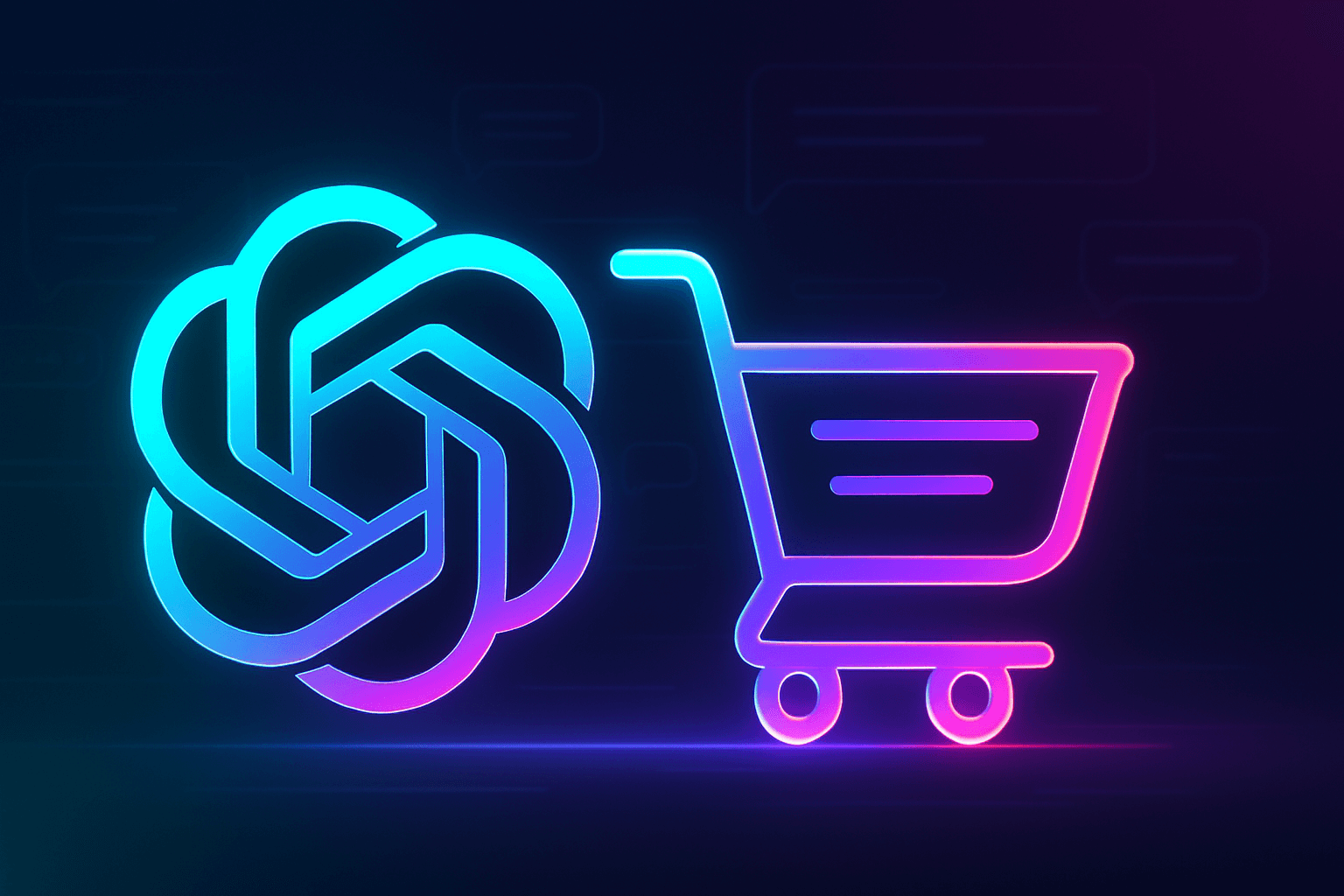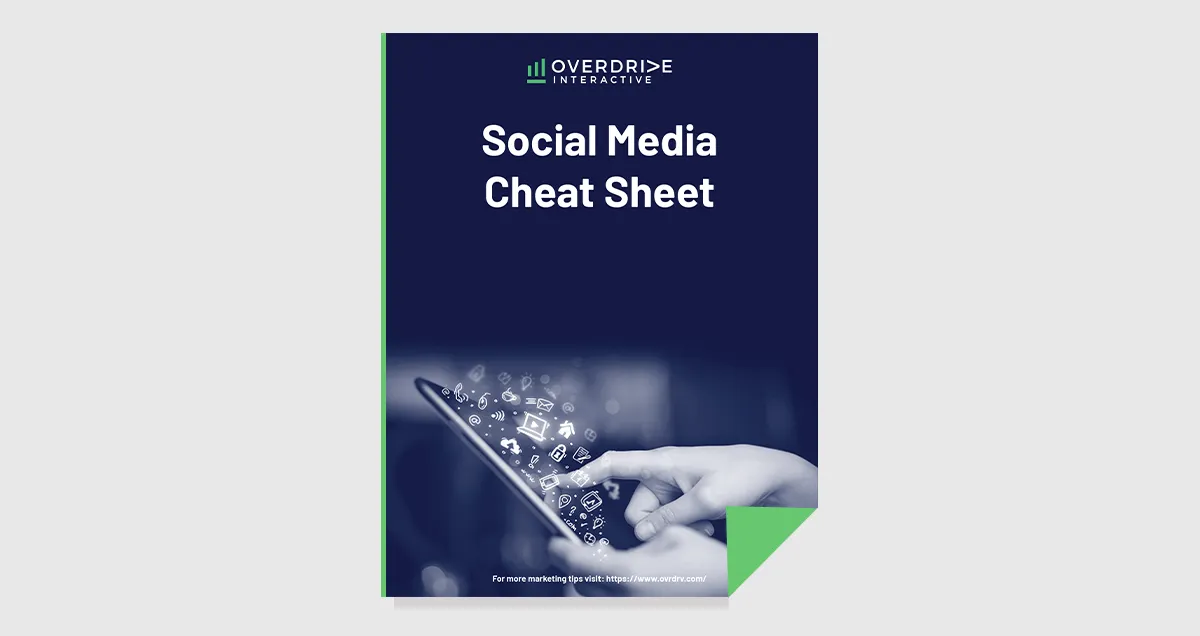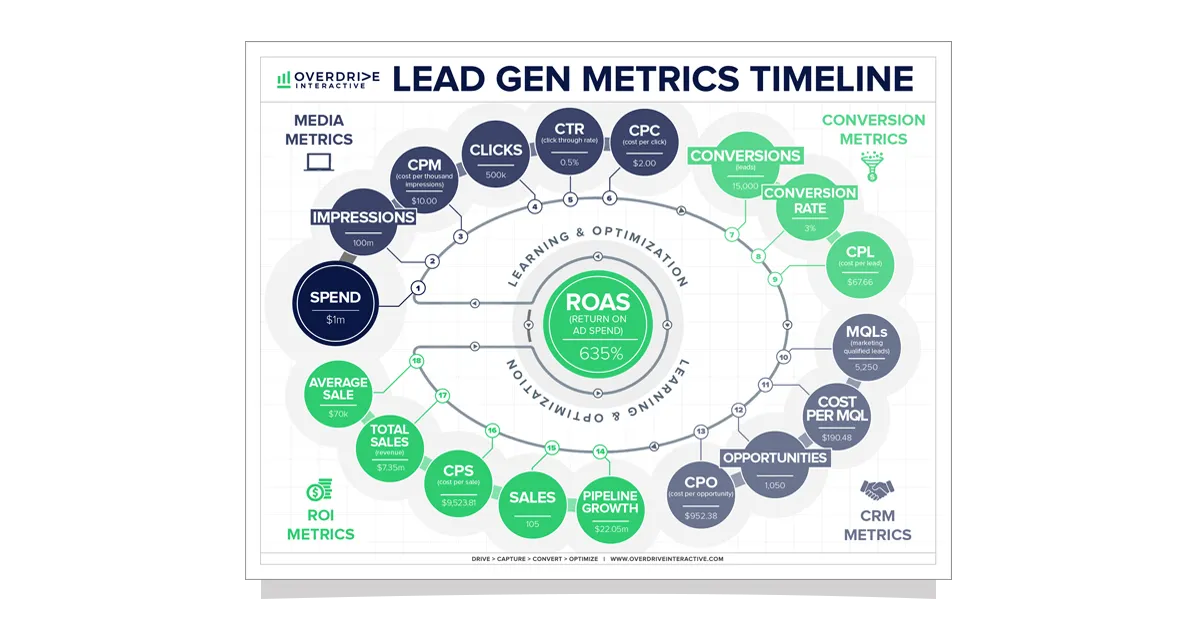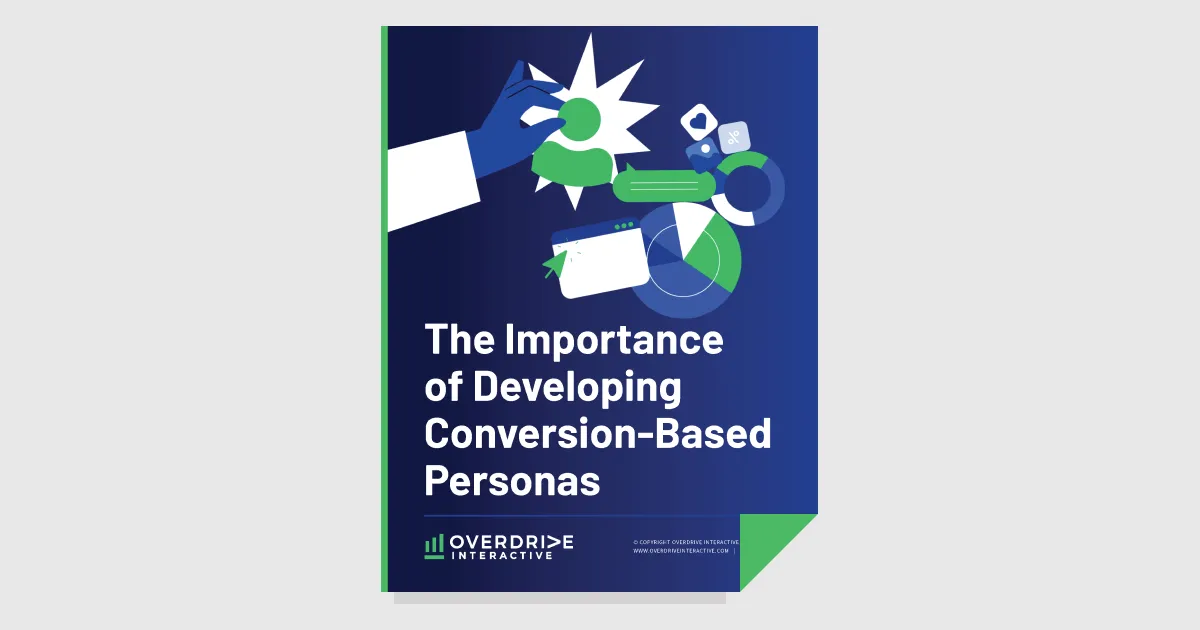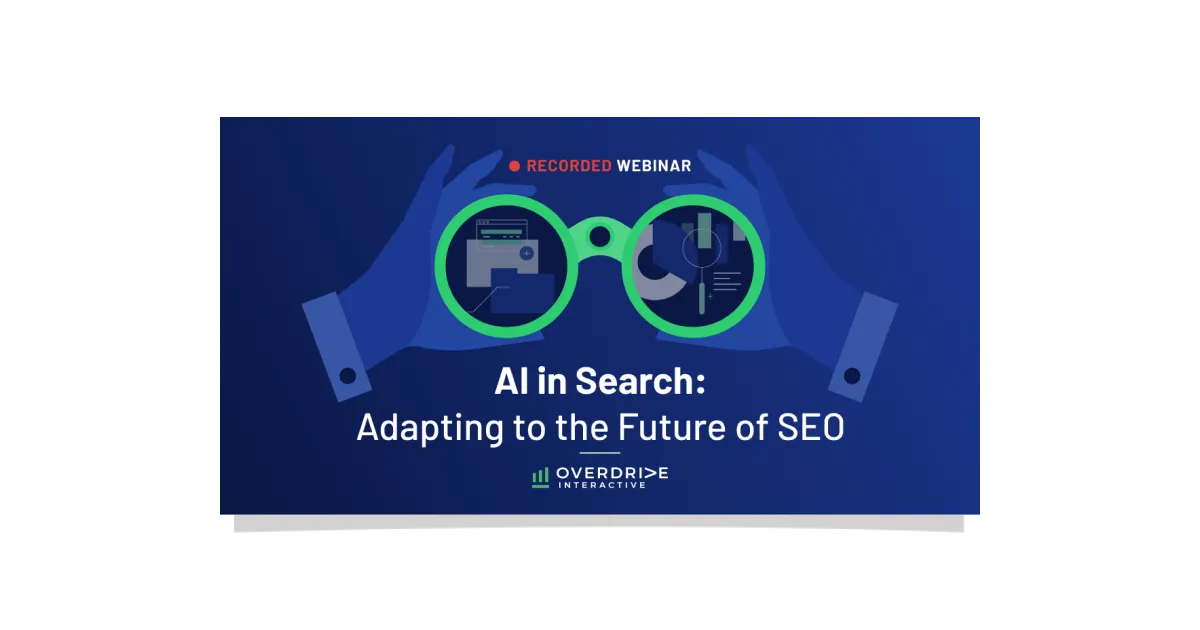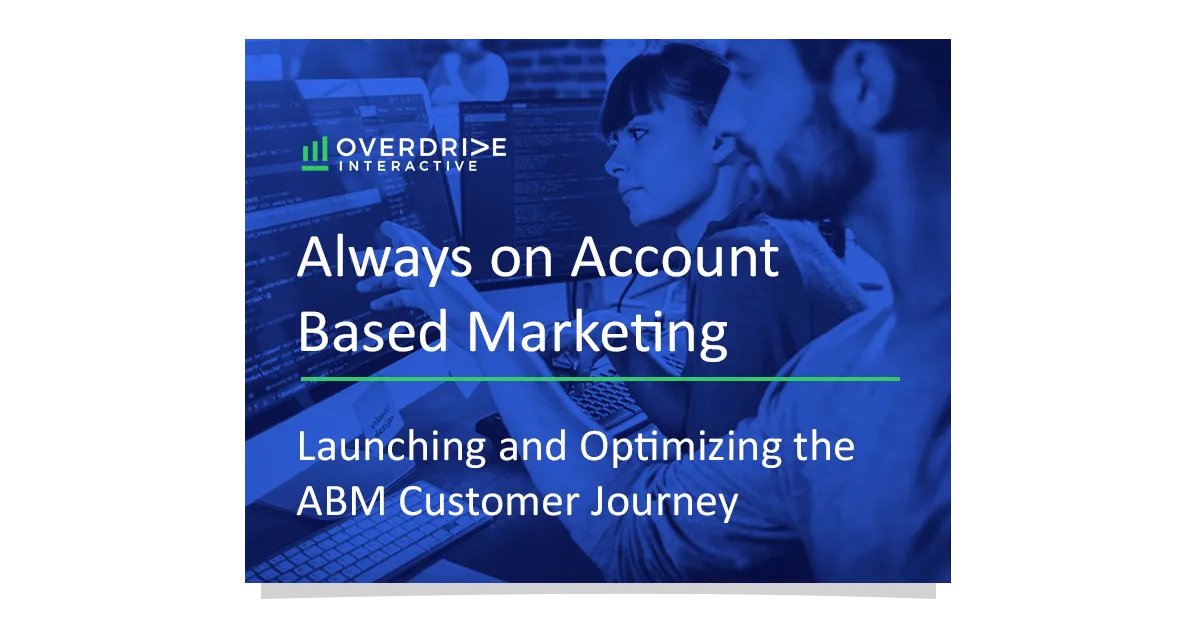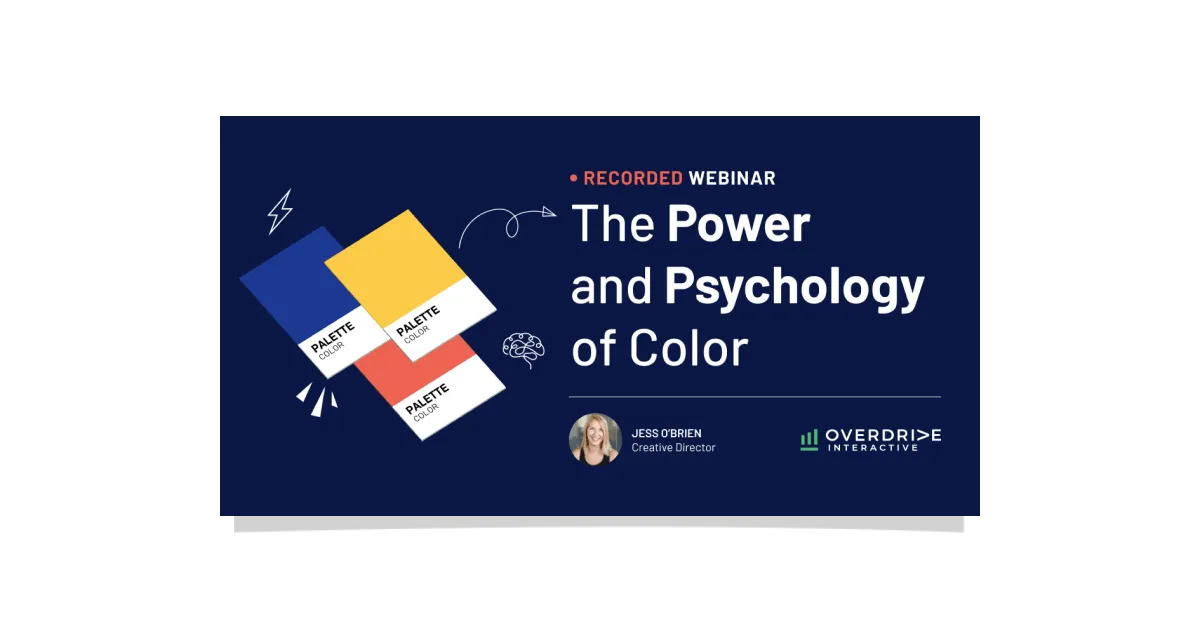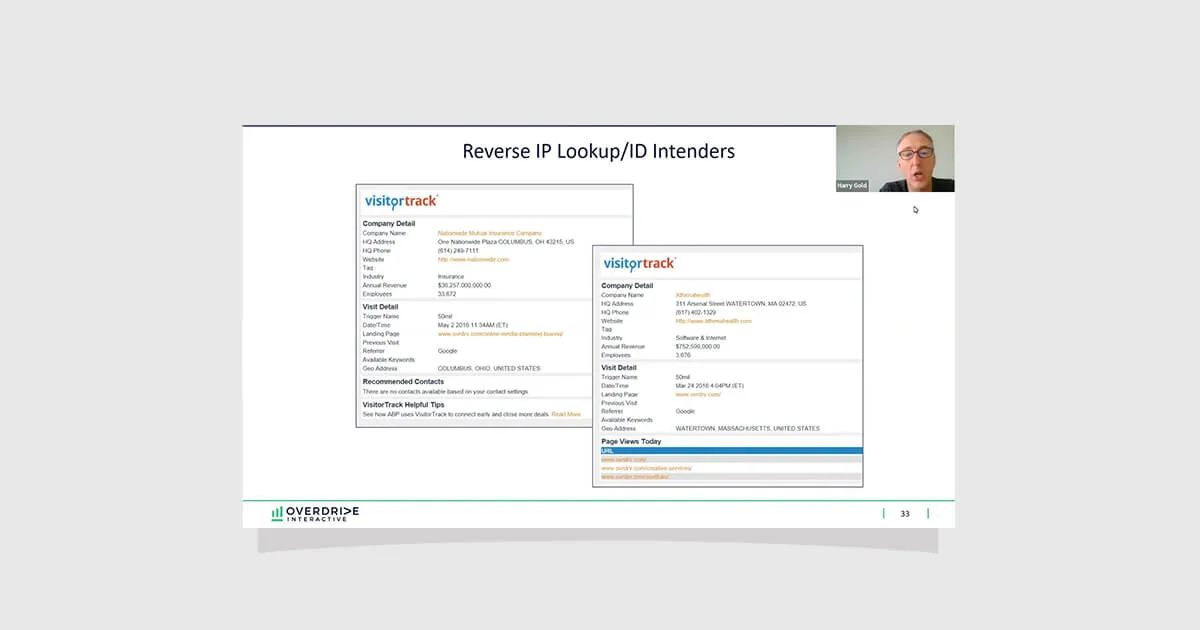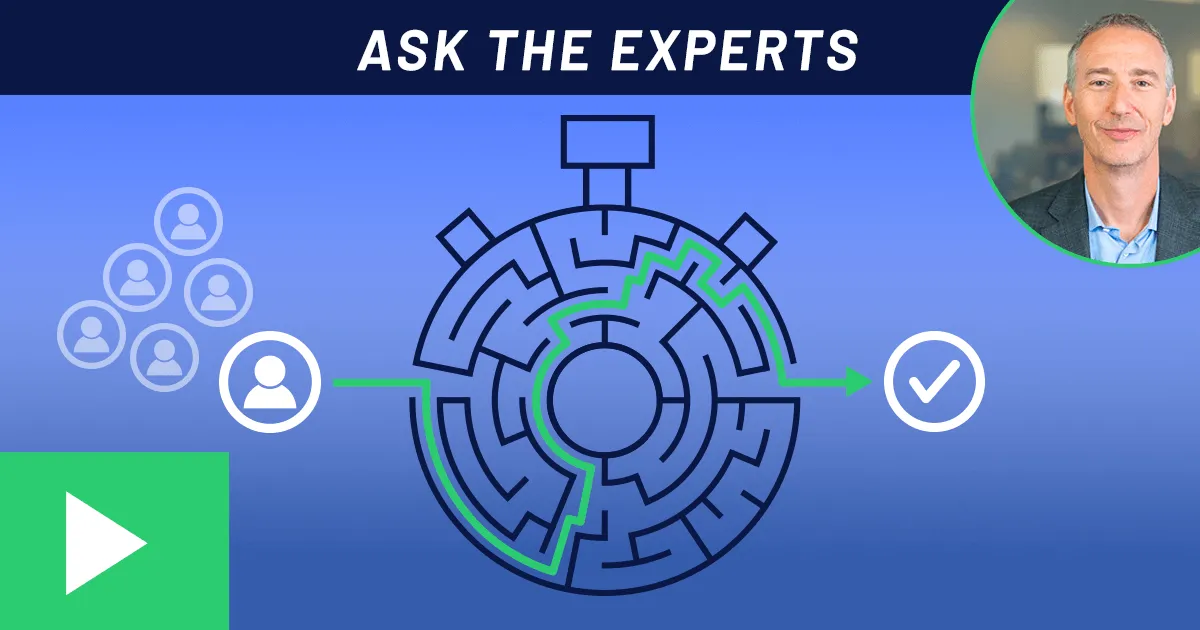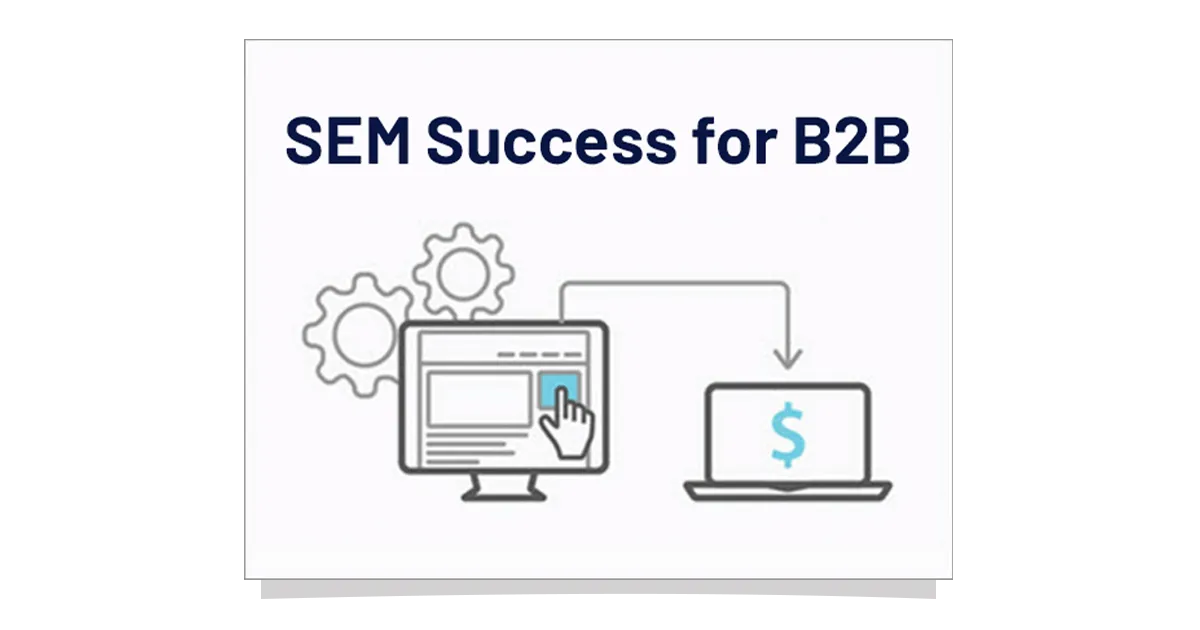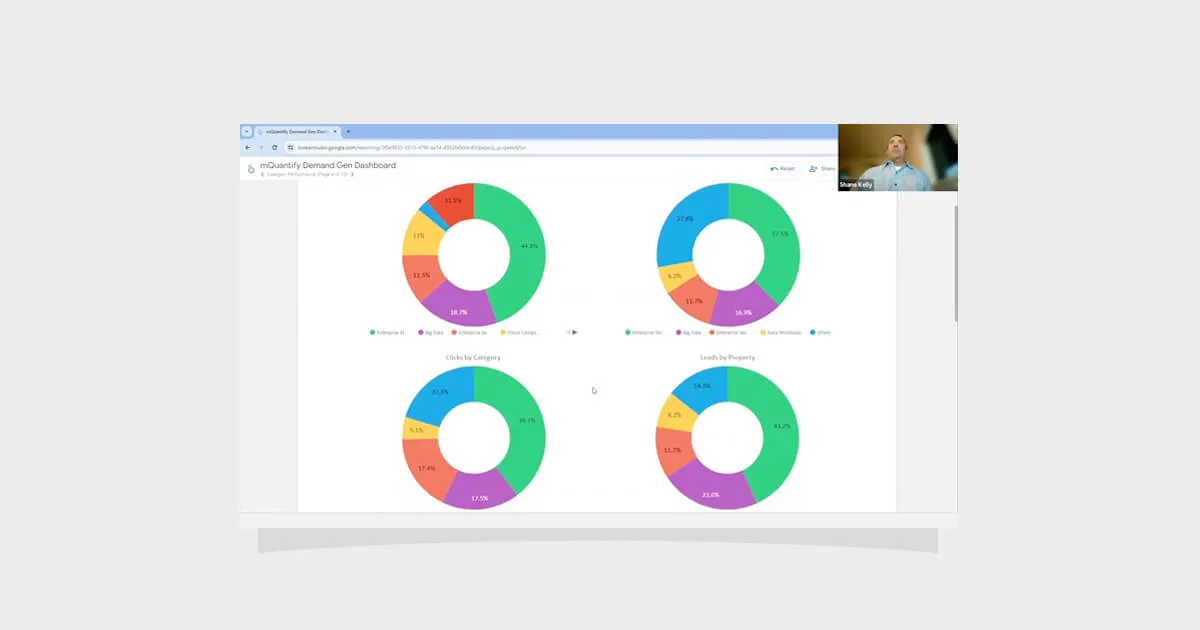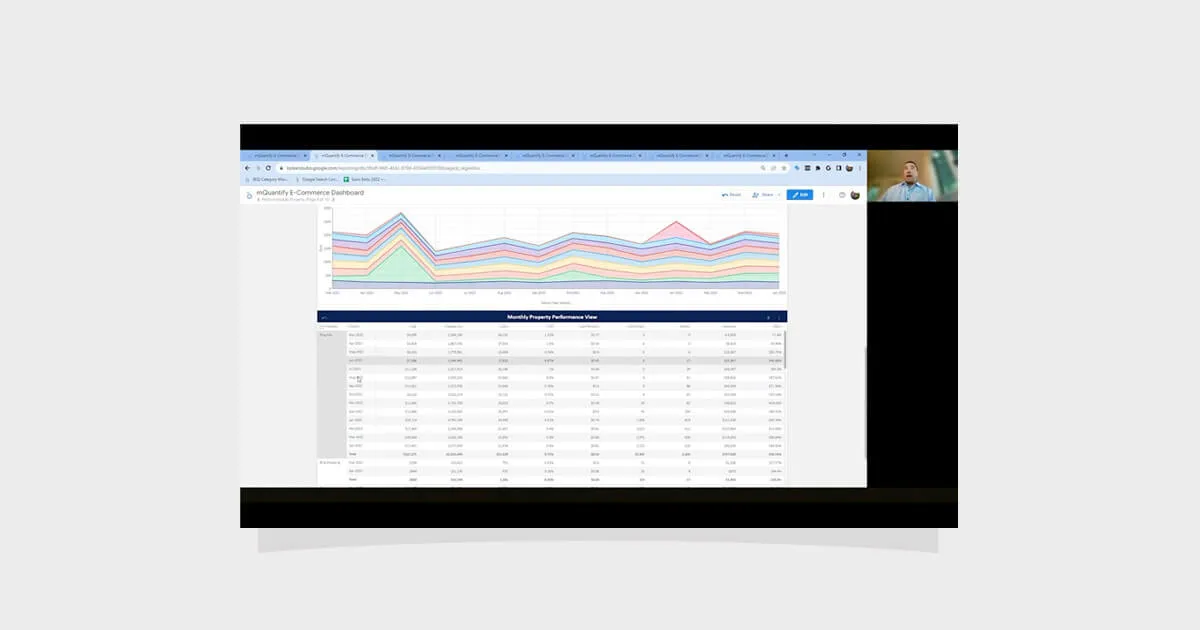SEO in the AI Era: Fast Sites Win - Why Page Speed Matters in an AI-First World
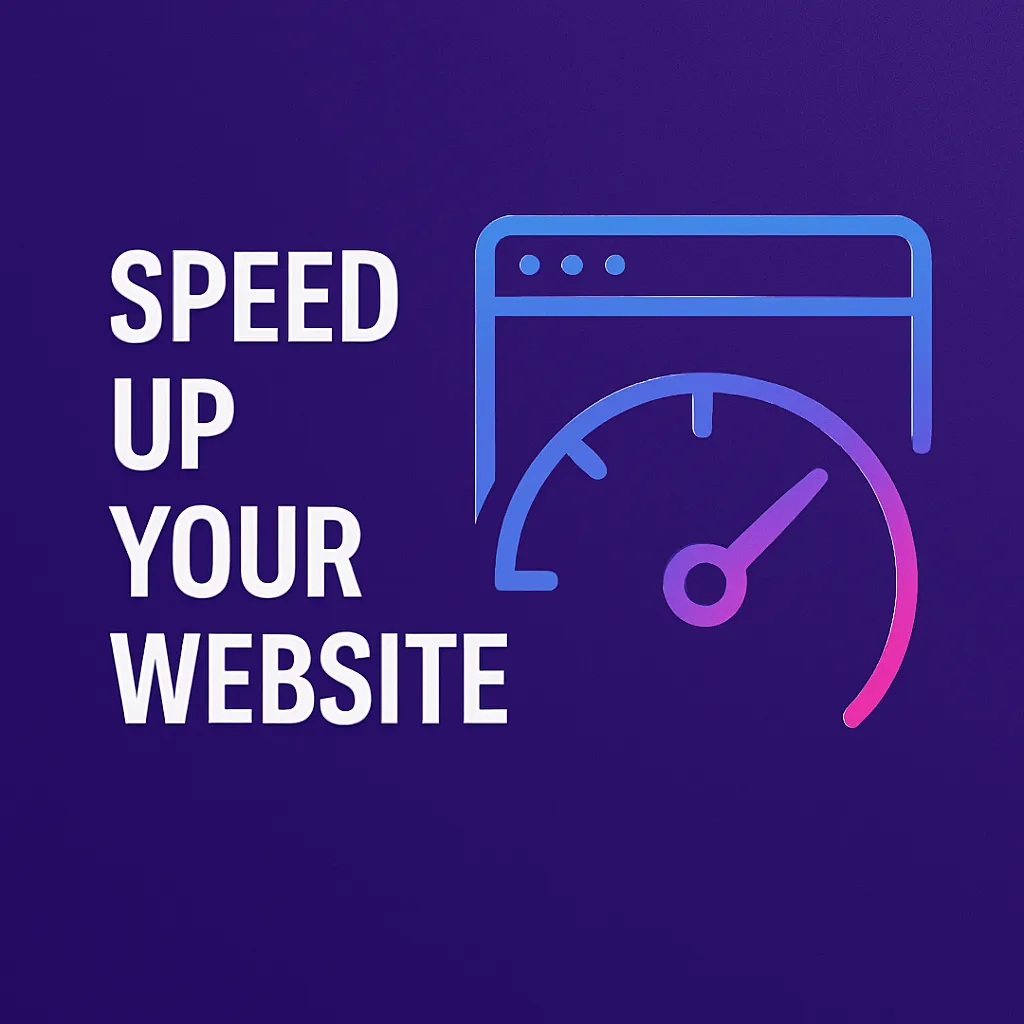
Let’s face it—nobody likes a slow site. Not your users, not Google, and definitely not AI crawlers trying to scan your content.
Site speed isn’t just a tech issue. It affects visibility, rankings, bounce rates, and even whether your content gets picked up in AI-powered search results.
Here’s Why Speed Matters More Than Ever:
- AI tools browsing your site won’t wait around if your page is slow to load
- Google considers Core Web Vitals (like load time and layout stability) when ranking pages
- Users expect your content to appear instantly—or they’re gone
Easy Wins to Speed Things Up
- Compress your images: Use tools like TinyPNG or Squoosh to shrink image sizes without sacrificing quality
- Switch to next-gen formats: WebP and AVIF offer smaller files with better performance than JPG or PNG
- Lazy-load below-the-fold images: Don’t load images until the user scrolls to them
- Trim the fat: Remove unused scripts and plugins, and minify your code
- Use caching and a CDN: This speeds up global access and reduces server load
Check Your Site’s Speed Score
Google’s PageSpeed Insights and Search Console can show you what’s slowing you down.
Look for suggestions like reducing render-blocking scripts, fixing cumulative layout shift (CLS), or shortening time to first byte (TTFB).
Speed = Visibility + Conversions
Faster-loading pages get crawled more efficiently, rank higher, and convert better.
Even AI assistants fetching real-time info from your site benefit from fast performance.

Want to make your site lightning-fast?
Overdrive helps brands tune up their web performance for humans, search engines, and AI bots alike.
Because in today’s digital world, fast is the new findable.
Next Up: In the next post, we’ll show how to turn AI into your SEO sidekick with smart tools for writing metadata, generating content ideas, and more. Catch up on the entire SEO in the AI Era Series.
SEO in the AI Era: Fast Sites Win - Why Page Speed Matters in an AI-First World

Download the guide to:
Let’s face it—nobody likes a slow site. Not your users, not Google, and definitely not AI crawlers trying to scan your content.
Site speed isn’t just a tech issue. It affects visibility, rankings, bounce rates, and even whether your content gets picked up in AI-powered search results.
Here’s Why Speed Matters More Than Ever:
- AI tools browsing your site won’t wait around if your page is slow to load
- Google considers Core Web Vitals (like load time and layout stability) when ranking pages
- Users expect your content to appear instantly—or they’re gone
Easy Wins to Speed Things Up
- Compress your images: Use tools like TinyPNG or Squoosh to shrink image sizes without sacrificing quality
- Switch to next-gen formats: WebP and AVIF offer smaller files with better performance than JPG or PNG
- Lazy-load below-the-fold images: Don’t load images until the user scrolls to them
- Trim the fat: Remove unused scripts and plugins, and minify your code
- Use caching and a CDN: This speeds up global access and reduces server load
Check Your Site’s Speed Score
Google’s PageSpeed Insights and Search Console can show you what’s slowing you down.
Look for suggestions like reducing render-blocking scripts, fixing cumulative layout shift (CLS), or shortening time to first byte (TTFB).
Speed = Visibility + Conversions
Faster-loading pages get crawled more efficiently, rank higher, and convert better.
Even AI assistants fetching real-time info from your site benefit from fast performance.

Want to make your site lightning-fast?
Overdrive helps brands tune up their web performance for humans, search engines, and AI bots alike.
Because in today’s digital world, fast is the new findable.
Next Up: In the next post, we’ll show how to turn AI into your SEO sidekick with smart tools for writing metadata, generating content ideas, and more. Catch up on the entire SEO in the AI Era Series.
SEO in the AI Era: Fast Sites Win - Why Page Speed Matters in an AI-First World

Download the guide to:
Let’s face it—nobody likes a slow site. Not your users, not Google, and definitely not AI crawlers trying to scan your content.
Site speed isn’t just a tech issue. It affects visibility, rankings, bounce rates, and even whether your content gets picked up in AI-powered search results.
Here’s Why Speed Matters More Than Ever:
- AI tools browsing your site won’t wait around if your page is slow to load
- Google considers Core Web Vitals (like load time and layout stability) when ranking pages
- Users expect your content to appear instantly—or they’re gone
Easy Wins to Speed Things Up
- Compress your images: Use tools like TinyPNG or Squoosh to shrink image sizes without sacrificing quality
- Switch to next-gen formats: WebP and AVIF offer smaller files with better performance than JPG or PNG
- Lazy-load below-the-fold images: Don’t load images until the user scrolls to them
- Trim the fat: Remove unused scripts and plugins, and minify your code
- Use caching and a CDN: This speeds up global access and reduces server load
Check Your Site’s Speed Score
Google’s PageSpeed Insights and Search Console can show you what’s slowing you down.
Look for suggestions like reducing render-blocking scripts, fixing cumulative layout shift (CLS), or shortening time to first byte (TTFB).
Speed = Visibility + Conversions
Faster-loading pages get crawled more efficiently, rank higher, and convert better.
Even AI assistants fetching real-time info from your site benefit from fast performance.

Want to make your site lightning-fast?
Overdrive helps brands tune up their web performance for humans, search engines, and AI bots alike.
Because in today’s digital world, fast is the new findable.
Next Up: In the next post, we’ll show how to turn AI into your SEO sidekick with smart tools for writing metadata, generating content ideas, and more. Catch up on the entire SEO in the AI Era Series.
SEO in the AI Era: Fast Sites Win - Why Page Speed Matters in an AI-First World

Key Insights From Our Research
Let’s face it—nobody likes a slow site. Not your users, not Google, and definitely not AI crawlers trying to scan your content.
Site speed isn’t just a tech issue. It affects visibility, rankings, bounce rates, and even whether your content gets picked up in AI-powered search results.
Here’s Why Speed Matters More Than Ever:
- AI tools browsing your site won’t wait around if your page is slow to load
- Google considers Core Web Vitals (like load time and layout stability) when ranking pages
- Users expect your content to appear instantly—or they’re gone
Easy Wins to Speed Things Up
- Compress your images: Use tools like TinyPNG or Squoosh to shrink image sizes without sacrificing quality
- Switch to next-gen formats: WebP and AVIF offer smaller files with better performance than JPG or PNG
- Lazy-load below-the-fold images: Don’t load images until the user scrolls to them
- Trim the fat: Remove unused scripts and plugins, and minify your code
- Use caching and a CDN: This speeds up global access and reduces server load
Check Your Site’s Speed Score
Google’s PageSpeed Insights and Search Console can show you what’s slowing you down.
Look for suggestions like reducing render-blocking scripts, fixing cumulative layout shift (CLS), or shortening time to first byte (TTFB).
Speed = Visibility + Conversions
Faster-loading pages get crawled more efficiently, rank higher, and convert better.
Even AI assistants fetching real-time info from your site benefit from fast performance.

Want to make your site lightning-fast?
Overdrive helps brands tune up their web performance for humans, search engines, and AI bots alike.
Because in today’s digital world, fast is the new findable.
Next Up: In the next post, we’ll show how to turn AI into your SEO sidekick with smart tools for writing metadata, generating content ideas, and more. Catch up on the entire SEO in the AI Era Series.
SEO in the AI Era: Fast Sites Win - Why Page Speed Matters in an AI-First World
Get the Complete Whitepaper
SEO in the AI Era: Fast Sites Win - Why Page Speed Matters in an AI-First World
Let’s face it—nobody likes a slow site. Not your users, not Google, and definitely not AI crawlers trying to scan your content.
Site speed isn’t just a tech issue. It affects visibility, rankings, bounce rates, and even whether your content gets picked up in AI-powered search results.
Here’s Why Speed Matters More Than Ever:
- AI tools browsing your site won’t wait around if your page is slow to load
- Google considers Core Web Vitals (like load time and layout stability) when ranking pages
- Users expect your content to appear instantly—or they’re gone
Easy Wins to Speed Things Up
- Compress your images: Use tools like TinyPNG or Squoosh to shrink image sizes without sacrificing quality
- Switch to next-gen formats: WebP and AVIF offer smaller files with better performance than JPG or PNG
- Lazy-load below-the-fold images: Don’t load images until the user scrolls to them
- Trim the fat: Remove unused scripts and plugins, and minify your code
- Use caching and a CDN: This speeds up global access and reduces server load
Check Your Site’s Speed Score
Google’s PageSpeed Insights and Search Console can show you what’s slowing you down.
Look for suggestions like reducing render-blocking scripts, fixing cumulative layout shift (CLS), or shortening time to first byte (TTFB).
Speed = Visibility + Conversions
Faster-loading pages get crawled more efficiently, rank higher, and convert better.
Even AI assistants fetching real-time info from your site benefit from fast performance.

Want to make your site lightning-fast?
Overdrive helps brands tune up their web performance for humans, search engines, and AI bots alike.
Because in today’s digital world, fast is the new findable.
Next Up: In the next post, we’ll show how to turn AI into your SEO sidekick with smart tools for writing metadata, generating content ideas, and more. Catch up on the entire SEO in the AI Era Series.

SEO in the AI Era: Fast Sites Win - Why Page Speed Matters in an AI-First World
Get the Slides
SEO in the AI Era: Fast Sites Win - Why Page Speed Matters in an AI-First World
Let’s face it—nobody likes a slow site. Not your users, not Google, and definitely not AI crawlers trying to scan your content.
Site speed isn’t just a tech issue. It affects visibility, rankings, bounce rates, and even whether your content gets picked up in AI-powered search results.
Here’s Why Speed Matters More Than Ever:
- AI tools browsing your site won’t wait around if your page is slow to load
- Google considers Core Web Vitals (like load time and layout stability) when ranking pages
- Users expect your content to appear instantly—or they’re gone
Easy Wins to Speed Things Up
- Compress your images: Use tools like TinyPNG or Squoosh to shrink image sizes without sacrificing quality
- Switch to next-gen formats: WebP and AVIF offer smaller files with better performance than JPG or PNG
- Lazy-load below-the-fold images: Don’t load images until the user scrolls to them
- Trim the fat: Remove unused scripts and plugins, and minify your code
- Use caching and a CDN: This speeds up global access and reduces server load
Check Your Site’s Speed Score
Google’s PageSpeed Insights and Search Console can show you what’s slowing you down.
Look for suggestions like reducing render-blocking scripts, fixing cumulative layout shift (CLS), or shortening time to first byte (TTFB).
Speed = Visibility + Conversions
Faster-loading pages get crawled more efficiently, rank higher, and convert better.
Even AI assistants fetching real-time info from your site benefit from fast performance.

Want to make your site lightning-fast?
Overdrive helps brands tune up their web performance for humans, search engines, and AI bots alike.
Because in today’s digital world, fast is the new findable.
Next Up: In the next post, we’ll show how to turn AI into your SEO sidekick with smart tools for writing metadata, generating content ideas, and more. Catch up on the entire SEO in the AI Era Series.

SEO in the AI Era: Fast Sites Win - Why Page Speed Matters in an AI-First World




